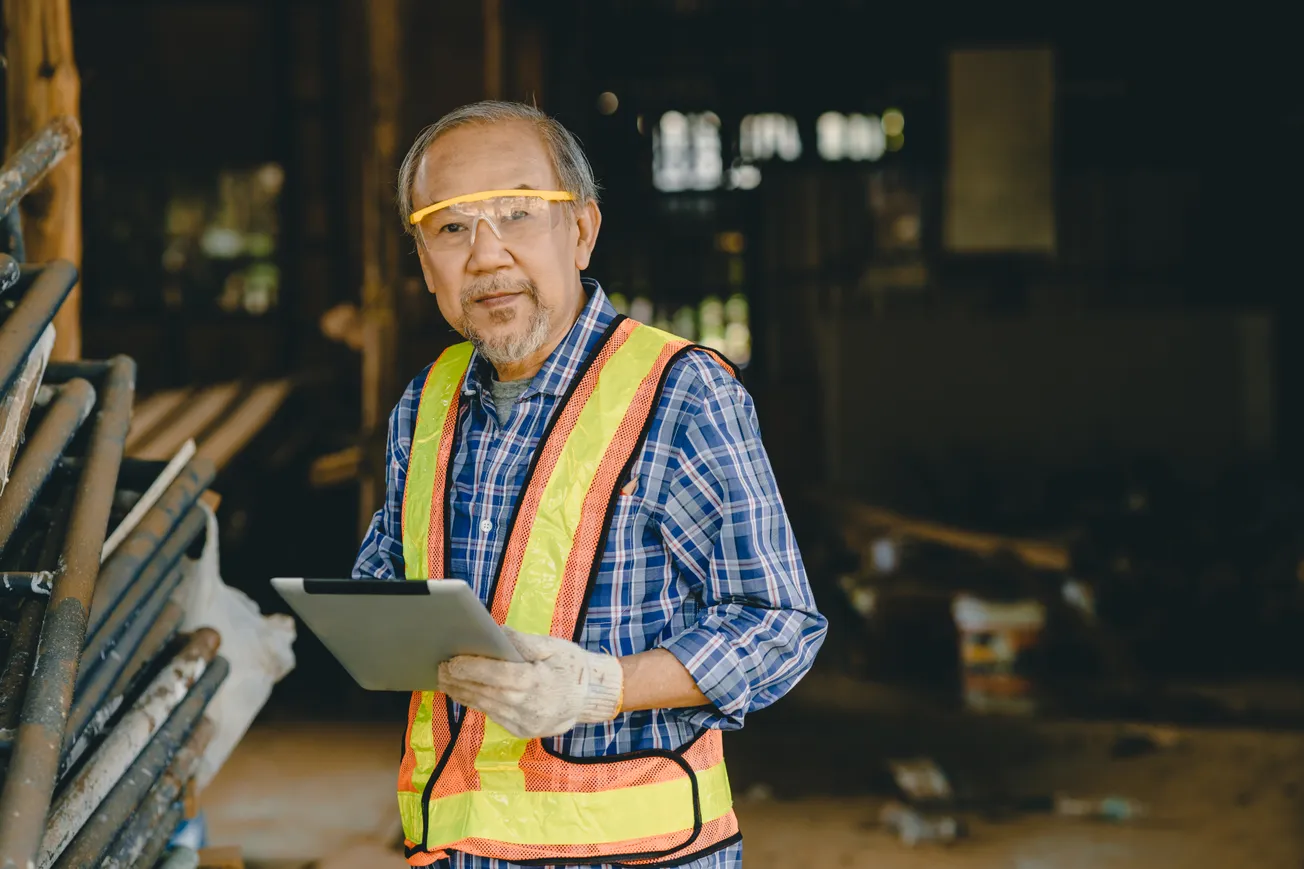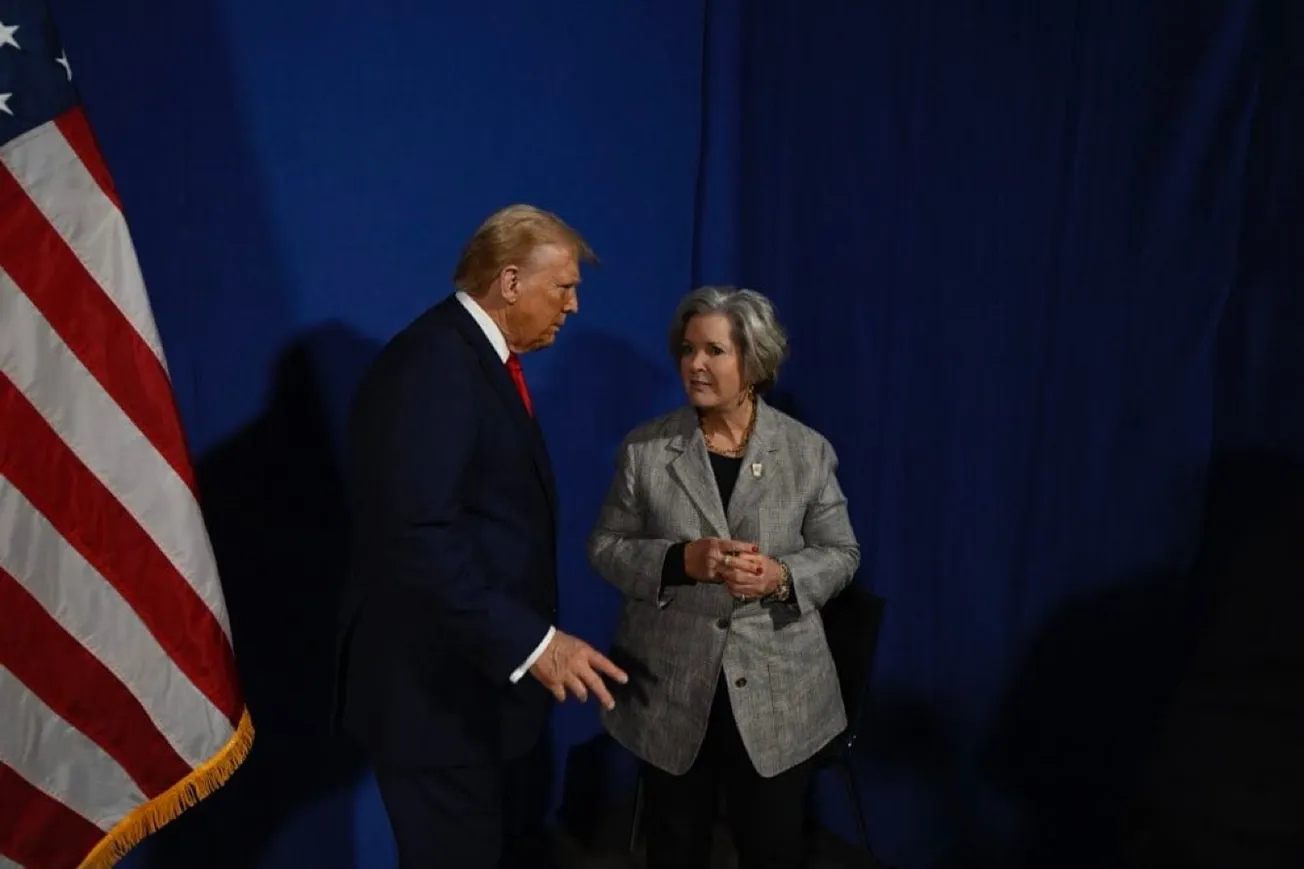By Lee Jong-Wha, Project Syndicate | Feb 13, 2025
Asia’s population is aging rapidly, with significant economic consequences. But by adopting policies that keep older individuals in the workforce and boost their productivity and well-being, the region’s governments can transform the challenges of a graying society into opportunities for lasting prosperity.







